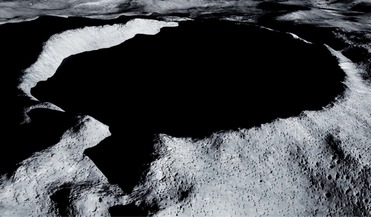 October 2018
Using space-based data for humanitarian causes
October 2018
Using space-based data for humanitarian causes
... the core obstacles to developing this area of the law. The limitations are linked to state concern for sovereignty. States are reluctant to deploy legal mechanisms of verification that place them at risk of enforcement actions from other...
 April 2019
Is a military space force justified?
April 2019
Is a military space force justified?
...“Outer space, including the Moon and other celestial bodies, is not subject to national appropriation by claim of sovereignty, by means of use or occupation, or by any other means.” No country, whether acting in the capacity of a state or through its...
 May 2020
Protecting areas of scientific importance on the Moon
May 2020
Protecting areas of scientific importance on the Moon
... of scientific importance. The present ratified treaties, most notably the Outer Space Treaty of 1967, forbid any sovereignty claims over any area of the Moon. This means that any individual or organisation can exploit lunar...
 October 2020
Morality, rights and responsibilities in space
October 2020
Morality, rights and responsibilities in space
... history. The Declaration recognises and strongly declares and supports the rights and essential elements of the sovereignty of individuals as one of the essential tenets of human civilisation. Unfortunately, due to that same terrestrial web...
 September 2023
Space sustainability and the global commons
September 2023
Space sustainability and the global commons
... Space Treaty says that space is the province of all mankind and is not subject to national appropriation by claim of sovereignty, by means of use or occupation, or by any other means but it leaves it to the Moon Agreement to set out an International...
 23 September 2024
A City on Mars
23 September 2024
A City on Mars
.... Its six main parts cover space physiology, places to live off-world, human factors, space law, sovereignty and ownership, and future space society and risk. Appendices add 10 pages of chapter notes, a 20-page bibliography...